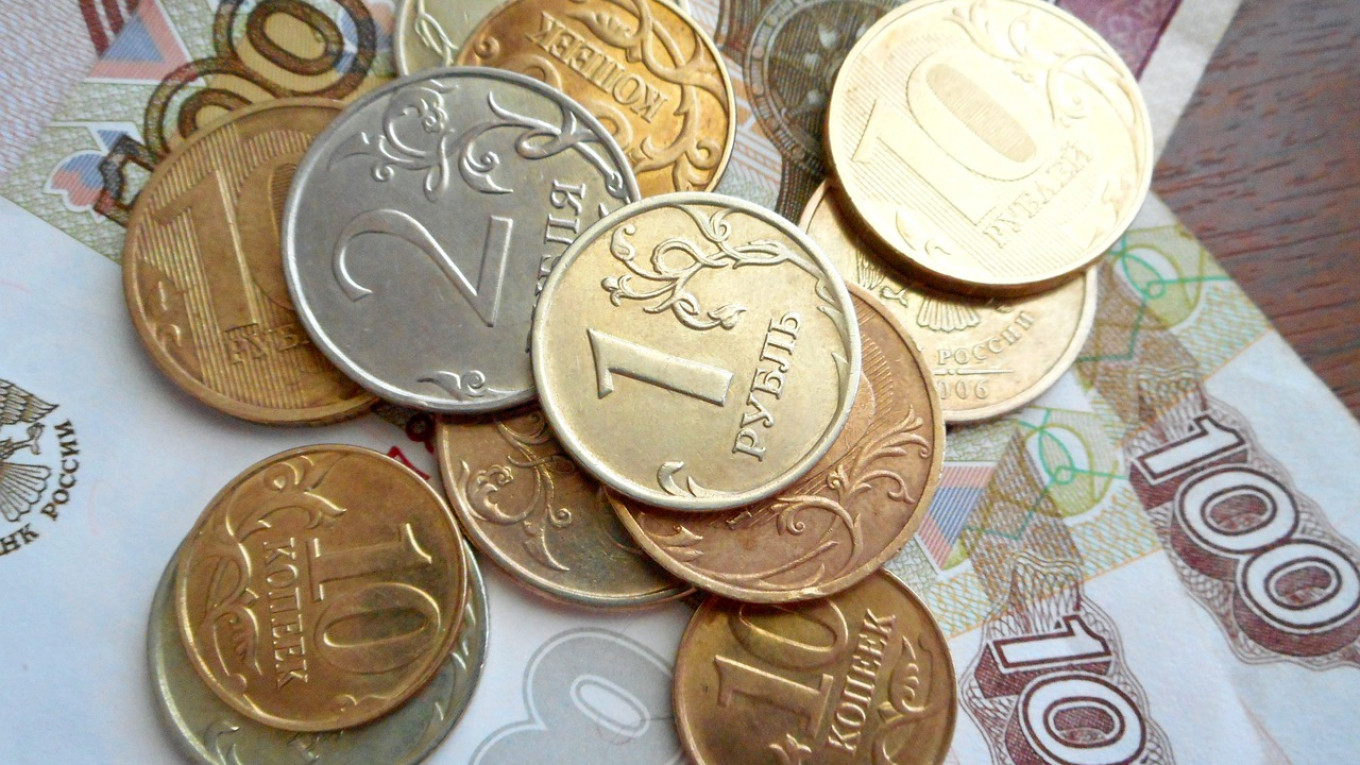Russia aims to establish an offshore ruble market to boost its currency's global role and help offset the impact of Western sanctions, deputy finance minister Alexei Moiseev told Reuters.
As part of the process, which he said was supported by the central bank, the government plans to partially relax rules that compel companies to return export revenues to Russia.
"The idea that the ruble should become a reserve currency has not been cancelled," Moiseev said.
Under Western sanctions since 2014, Russia has been trying to build its own financial infrastructure to protect itself from any further curbs on activity by its banks and companies. It has already set up its own credit rating agency, payment system and clearing house.
Moscow now wants to promote a bigger role for the ruble, including more use of the currency to settle transactions between Russian companies and foreign counterparties.
At present, Moscow asks companies to return a certain share of foreign exchange revenues to Russia, with exceptions for some sanctions-hit firms. Conversion of these revenues into rubles helps support the national currency.
Moiseev said his ministry is now proposing that from 2020 companies be allowed to keep earnings received and converted into rubles abroad outside Russia, in a step-by-step easing process depending on what a company is exporting.
"For example, a company sold trucks to Latin America, got payment in U.S. dollars. The money came to the bank where the truck manufacturer has an account, the bank has converted it into rubles and credited it to their (the manufacturer's) account," Moiseev said.
The company will then need only to show the Russian authorities an account statement from a foreign bank proving it received the rubles for an export deal, Moiseev said.
The change should mean that banks outside Russia, including units of the local lenders such as Sberbank or VTB, will need to buy and hold more rubles on their overseas accounts.
Revenues received in foreign currency will still have to be repatriated as now, excluding special cases for some sanctions-hit companies determined by the government, he said.
If the changes are successful, Russia could follow in the footsteps of China, which has strictly controlled yuan trade on the mainland and offshore yuan trading in a number of places from Hong Kong and Singapore to London.
A number of Russian companies hit by the western sanctions have government permission not to return foreign revenues back home.
Moiseev said Rosneft, Russia's top oil producer, has requested such a right and that the finance ministry is currently is studying the request. Rosneft did not reply to a Reuters request for comment.
A Message from The Moscow Times:
Dear readers,
We are facing unprecedented challenges. Russia's Prosecutor General's Office has designated The Moscow Times as an "undesirable" organization, criminalizing our work and putting our staff at risk of prosecution. This follows our earlier unjust labeling as a "foreign agent."
These actions are direct attempts to silence independent journalism in Russia. The authorities claim our work "discredits the decisions of the Russian leadership." We see things differently: we strive to provide accurate, unbiased reporting on Russia.
We, the journalists of The Moscow Times, refuse to be silenced. But to continue our work, we need your help.
Your support, no matter how small, makes a world of difference. If you can, please support us monthly starting from just $2. It's quick to set up, and every contribution makes a significant impact.
By supporting The Moscow Times, you're defending open, independent journalism in the face of repression. Thank you for standing with us.
Remind me later.






